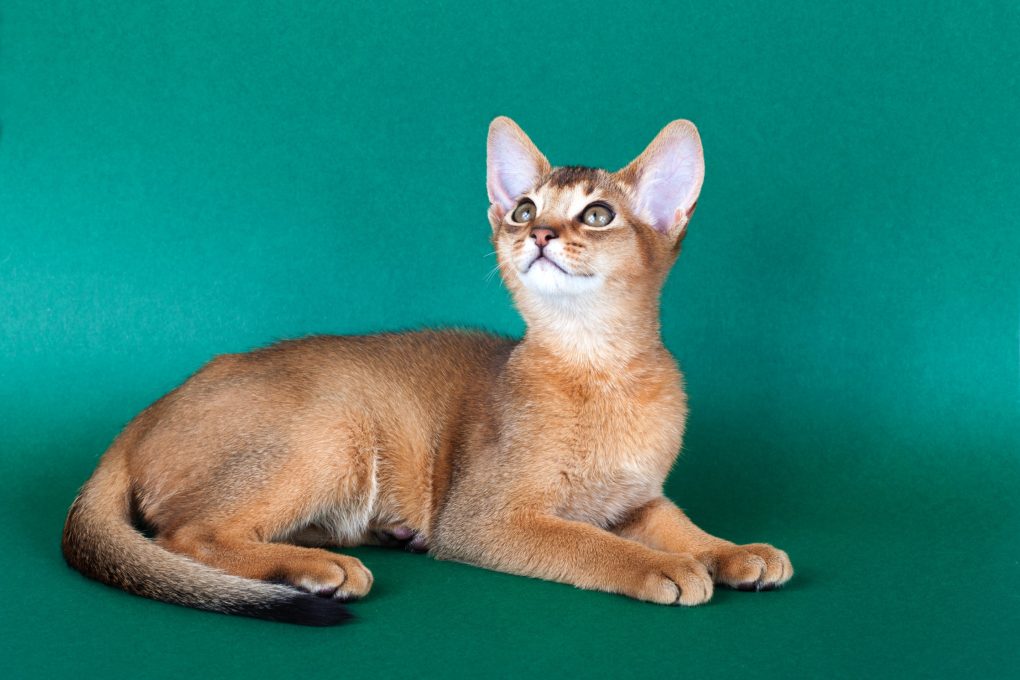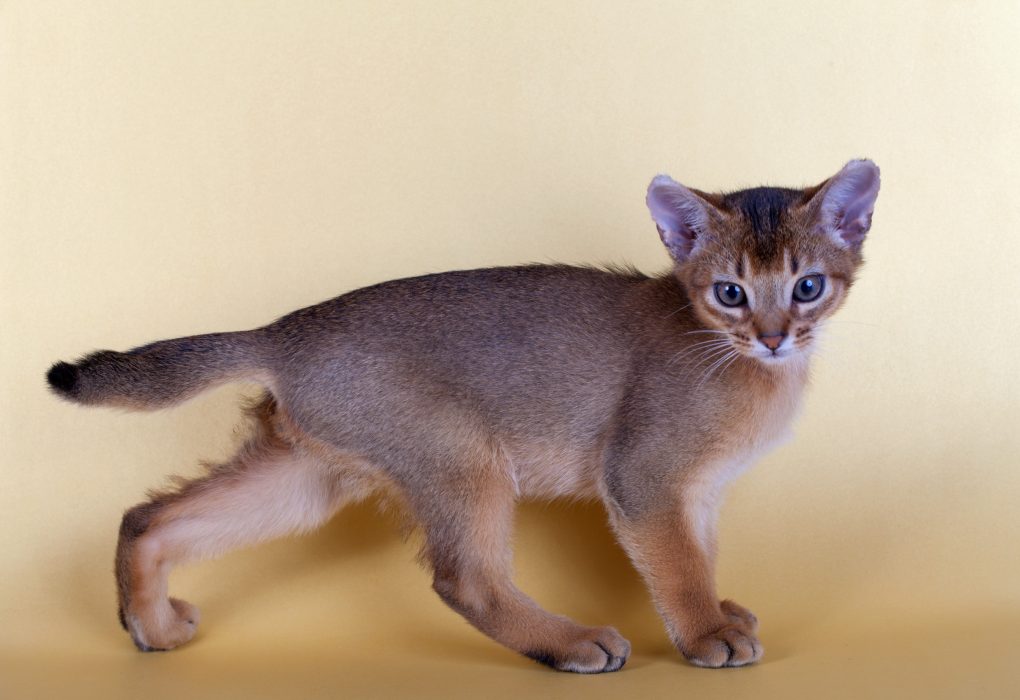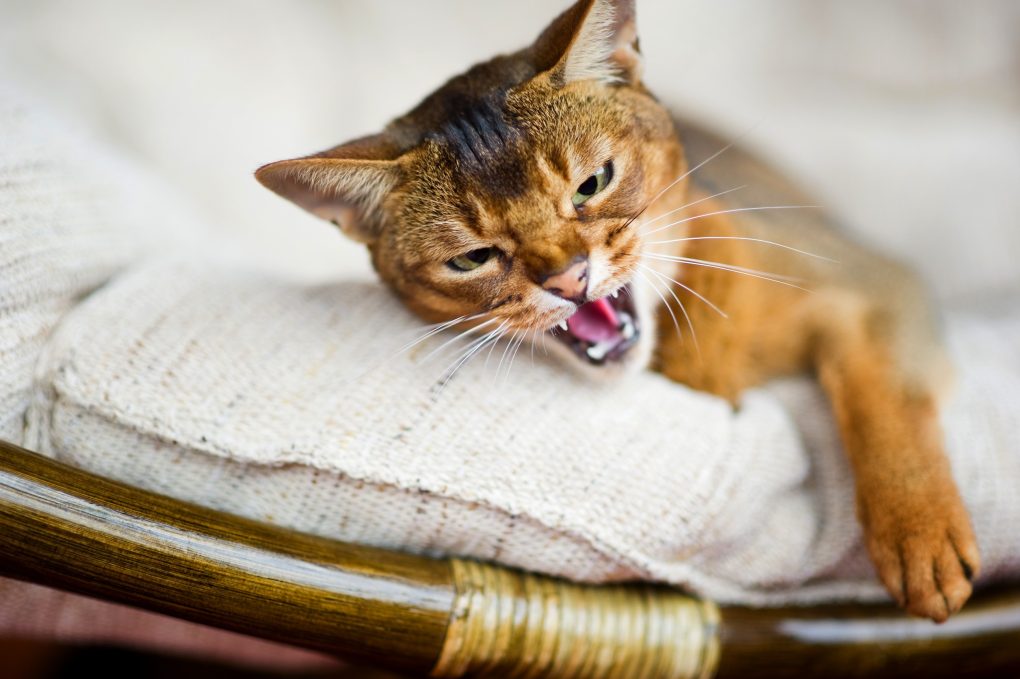Are Abyssinian Cats Expensive: Initial and Monthly Costs of Owning an Abyssinian
Yes, Abyssinian cats are expensive. The cost of an Abyssinian cat can vary depending on several factors, such as location, breeder, and the cat’s age and quality. On average, however, Abyssinian cats can cost anywhere from $500 to $1,200.
Additionally, the initial purchase price is just one aspect of owning a cat; ongoing expenses such as food, veterinary care, and litter can also add up over time. You’ll need to provide your cat with a bed, scratching post, toys, and other accessories. The cost of these items can vary, but they will accumulate.


Table of Contents
Bringing Home a New Abyssinian Cat: One-Time Costs
Adoption
Adopting Abyssinian cats typically ranges from $75 to $150, with some adoption fees being higher than others. If you are adopting a cat from an animal shelter, some organizations may charge additional fees for vetting and spaying/neutering the cat. Many adopters report that their new cat was healthy and happy upon arrival.
The adoption process for Abyssinian cats varies depending on the location you choose to adopt from. For example, if you adopt from a local shelter, you may be required to complete an application and undergo a home check before the cat is placed in your care. You may also need to provide a veterinarian statement or proof of current kitten vaccination status before taking home a cat.
Breeder
How much are Abysinnian cats? As mentioned, a new Abyssinian cat costs around $500 to $1,200. Depending on the breeder you transact with, this price may include the cost of the cat, spay/neuter surgery, and microchip.
Besides, some breeders may charge more for additional services, such as tail-docking or testing for feline immunodeficiency virus (FIV) and feline leukemia virus (FeLV). So ensure you check the costs before getting on board with the adoption process.
Initial Setup and Supplies
When you bring home a new cat, several costs involve getting it ready for adoption. For example, according to the American Society for the Prevention of Cruelty to Animals (ASPCA), these cost around $365 but may vary depending on the items you decide to prepare for your cat.
This includes the cost of the cat, food, litter, and toys. Adopting a cat from a shelter or rescue group can save you money. These organizations often help with the cost of cat food, cat litter, and other necessities. So when you adopt a new cat, consider adopting from a shelter or rescue group to reduce cat-related expenses.


In addition, your new cat will require registration with a local animal shelter or rescue organization. This is required for the health and safety of the cat and to track its vaccination and health status. Also, your cat will likely require vaccinations against rabies, feline leukemia, and distemper. These vaccinations are required to help protect your cat from these diseases.
Your cat will need to be neutered or spayed. This procedure helps to prevent unwanted kitten births by removing the male’s ability to breed. It also prevents cats from developing behavior problems associated with mating, such as spraying urine or marking territory.
You will further have to spend money on insurance. Many organizations often require minimum shelter/pet insurance when adopting a new pet. This can help cover medical costs in case of an accident or illness.
How Much an Abyssinian Cat Costs per Month
Food
Abyssinian cats can cost a lot to feed. They typically eat a high-quality diet that will cost around $10 to $25 monthly. Abyssinian cats have similar dietary needs to others, including a balanced and nutritious diet. In addition, you should feed them high-quality cat food formulated to meet their specific nutritional needs.
Dry food is a good option for Abyssinian cats as it helps to keep their teeth clean and strong. You can also feed wet food, but it should be in small amounts as it is higher in protein and fat.
It’s also important to be mindful of how much food you feed your cat, as obesity can be a problem in Abyssinian cats. So it’s best to consult your vet for an appropriate feeding schedule and portion sizes for your cat. Additionally, fresh water should always be available for your cat to drink.
Also, some Abyssinian cats may be prone to specific food allergies, so it’s essential to be aware of any symptoms of food allergies and consult with your veterinarian if you suspect a problem.
Grooming
Different types of Abyssinian cats may also require different types of grooming due to their unique coat characteristics. Abyssinian cats typically require little grooming, and many people find that they do not need to bathe them frequently. However, Abyssinian cats have specific needs that must be addressed to keep them healthy and happy. Monthly grooming costs can amount to $2 to $5, depending on the frequency of grooming and the services availed.
Regular grooming can help to maintain the cat’s coat, reduce shedding, and keep the cat clean and looking great. Grooming services can include brushing, bathing, clipping nails, cleaning ears, and trimming the hair around the eyes, paws, and anus.
Grooming your cat at home is also possible, saving you money in the long run. Abyssinian cats have a short, fine coat that requires regular grooming to keep them in good condition. It would help if you brushed them at least once weekly to remove loose hair and prevent matting.
Medications and Vet Visits
The average vet cost of an Abyssinian cat per month is around $20 to $50, but it varies greatly depending on different factors, including age and size. For example, Abyssinian cats may require exceptional food or supplements to maintain a healthy weight and lifestyle.


Regular veterinary check-ups are essential for maintaining the overall health of your cat. These check-ups can include vaccinations, parasite control, and general health evaluations.
In addition to regular check-ups, your cat may need medications for various reasons, such as treatment of an infection, chronic condition, or injury. The cost of medications can vary widely depending on the specific medication and the length of treatment needed.
It’s also essential to plan for unexpected medical expenses, such as emergency surgeries or treatments. It’s always best to consult with your veterinarian to determine the specific medical needs of your cat and to plan for any necessary treatments or procedures. Pet insurance can also be a good option for unexpected vet visits.
